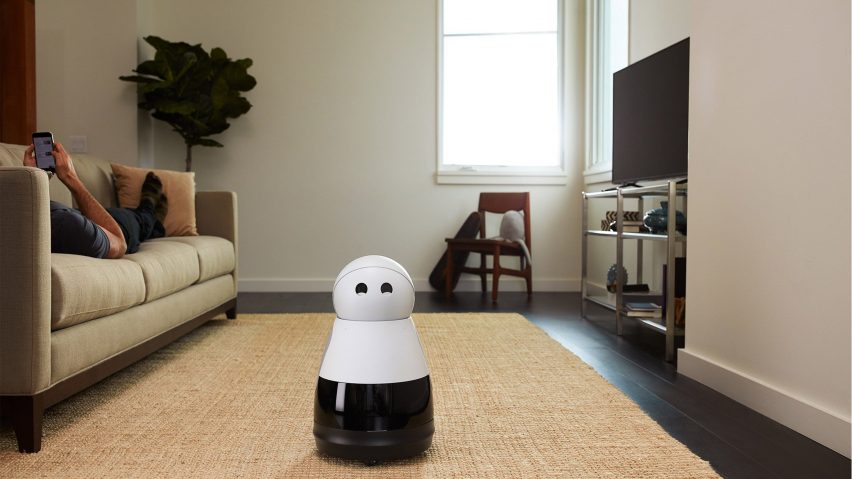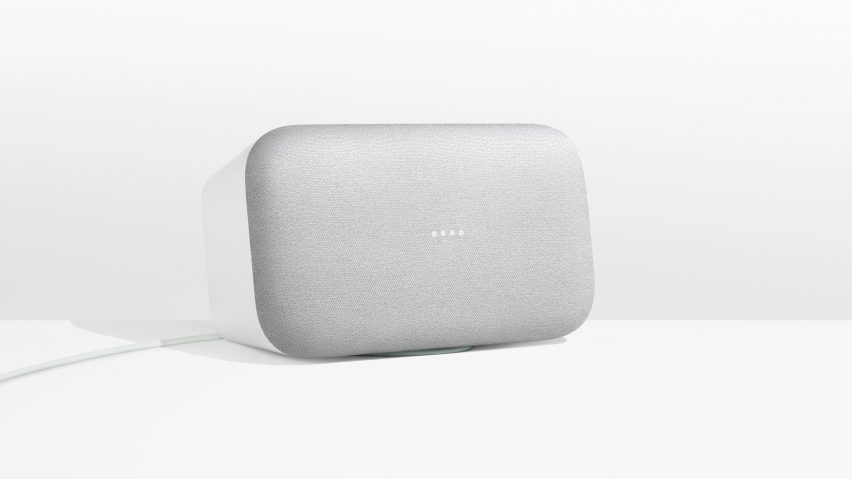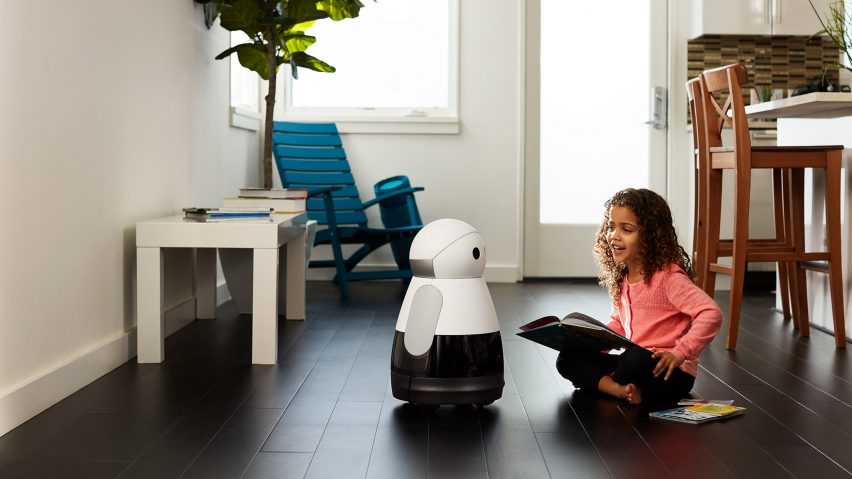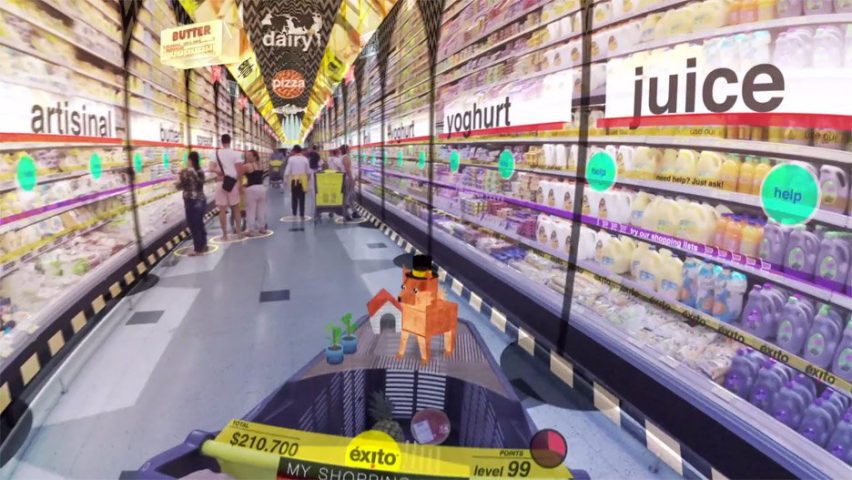
Tech predictions and trends for this year and beyond from CES 2018
Virtual hangout spaces, biometric security and robotic companions are among the innovations poised to become part of our lives over the coming months, according to analysts at the Consumer Electronic Show in Las Vegas this week.
Ahead of the official opening of CES today, the Consumer Technology Association – which organises the annual event – shared its forecasts for the industry's growth and development, and a taste of what to expect from the week.
During a presentation, Steve Koenig, the CTA's senior research director of research, and Lesley Rohrbaugh, senior research manager, discussed what technologies they think will transform the way we live this year and into the near future.
Read on for summaries of their top tech trends and predictions:
5G will enable much faster connectivity
Introduced last year, 5th generation mobile networks and wireless systems (5G) will start to proliferate and make their way into homes and smartphones towards the end of 2018.
The greater bandwidth capacity, which Verizon and Samsung are planning to role out later this year, will help to speed up downloads and communication between internet-connected devices. For example, movies that took almost a day to download on 3G and several minutes on 4G will be available in seconds using 5G.
The improved capacity will also enable the connection of more nodes and sensors across cities to make them smarter, and bring down the latency of data transfer to almost zero, crucial for systems like self-driving vehicles.

Digital assistants will become part of the furniture
Smart speakers enjoyed a bumper year in 2017, with products that integrate Amazon's Alexa and Google's Assistant seeing a dramatic surge in sales. Many more from a variety of companies are set to launch imminently, with uptake predicted to increase this year and peak in 2019.
Assistants will also break out of speaker format, and be incorporated into other everyday products – cars, mirrors, shower heads – as we become more used to using speech commands, and the computers become better at identifying individual voices.
"Voice is a more natural way to interact with technology," said Koenig. "Consumers are going to expect that type of interaction across their entire digital landscape."
Artificial intelligence will try to gain our trust
As digital systems take on more and more of our tasks, they will learn more about us and our habits. This will allow the development of better predictive algorithms to cater to our tastes, which could be used by anyone from retailers and entertainment services to accountants.
Increased knowledge will also eventually enable the systems to converse with their users, and explain why they make certain choices. This will help sceptics to overcome trust issues they might have with intelligent systems, according to Rohrbaugh.
"As AI develops, we'll truly be able to build trust," she said. "It's learning behaviours and actions, so it's going to know you much better."
"At what point do these conversations become relationships?" Rohrbaugh also wondered.

Robots will become our companions
Like last year, companion robots will be everywhere at CES 2018. These cute-looking machines, like Kuri, are physical manifestations of digital assistants – integrating speakers for playing communicative feedback sounds and music, as well as cameras to capture moments around the house and help with surveillance.
Using facial recognition, they can identify family members and pets, and follow them around when necessary to provide assistance. They will also be able to show emotions through lighting and "facial expressions" on displays.
Biometrics will help keep our personal property safe
Many people already unlock their smartphones with their thumbprints, but this and other types of biometric security technology are set to become much more widespread. Anything that needs to be kept secure, from possessions in a locker to data on a computer, will be accessible through one of several body-activated systems.
Biometrics will also help to customise our environments, particularly facial recognition – brought to global attention last year with the launch of the iPhone X. This will be integrated into cars, where windshield sensors will pick up on who's behind the wheel, and automatically adjust the seat, mirrors, radio station etc to the driver's preferences.
VR will revolutionise social media
Virtual reality has so far mainly been used in the gaming and entertainment industries, often via clunky headsets. But they technology will be picked up by the industrial and commercial sectors to improve workflow, thanks to lighter eyewear, and improved connection speeds that will allow for faster wireless data transfer.
This will also have an impact on social media. Users will soon be able to "meet" each other and hang out in digital spaces rather than just liking photos and commenting on status updates, Koening suggested.
"VR will help to redefine social media," he said. "Today you have a Facebook page, tomorrow or very soon you'll have a Facebook space."
"Coming out of CES 2018, the question will become 'what is reality?'" Koening added.

AR will become part of daily life
Meanwhile, augmented reality will make its way onto handheld devices in a much greater capacity than currently seen. After Pokémon Go introduced the technology to the masses, areas like navigation, interior design, advertising will all benefit from AR – which overlays digital information onto real-time imagery on a screen.
Developer kits on iOS and Android are allowing more software engineers to include AR capabilities in their apps, which will result in "a lot more handset up, head up, and less looking down and bumping into people on the sidewalk", according to Koenig.
Cities will take smart infrastructure to another level
For the first time, CES has a dedicated area for products and services based around the concept of smart cities. This will showcase how connected technologies will continue to influence urban environments – from crowd-sourced figures about parking availability, to street lamps that can detect the depth of snow on roads.
In the US, these technologies are predicted to develop around mobility and transportation, while in Europe the focus will lean more towards energy consumption. In both cases, they will involve linking and sharing data between various city grids and infrastructures, combined with information from smartphone users who will become "integral nodes on smart city networks".

Digital therapeutics will offer enhanced treatments
For those who suffer from chronic conditions like diabetes or heart problems, a range of devices for measuring the body's statistics will transform how they manage and monitor their health through apps.
Patients will also be able to share real-time data with their doctor, and be treated without visiting a clinic, as prescriptions could be automatically updated and issued depending on the feedback.